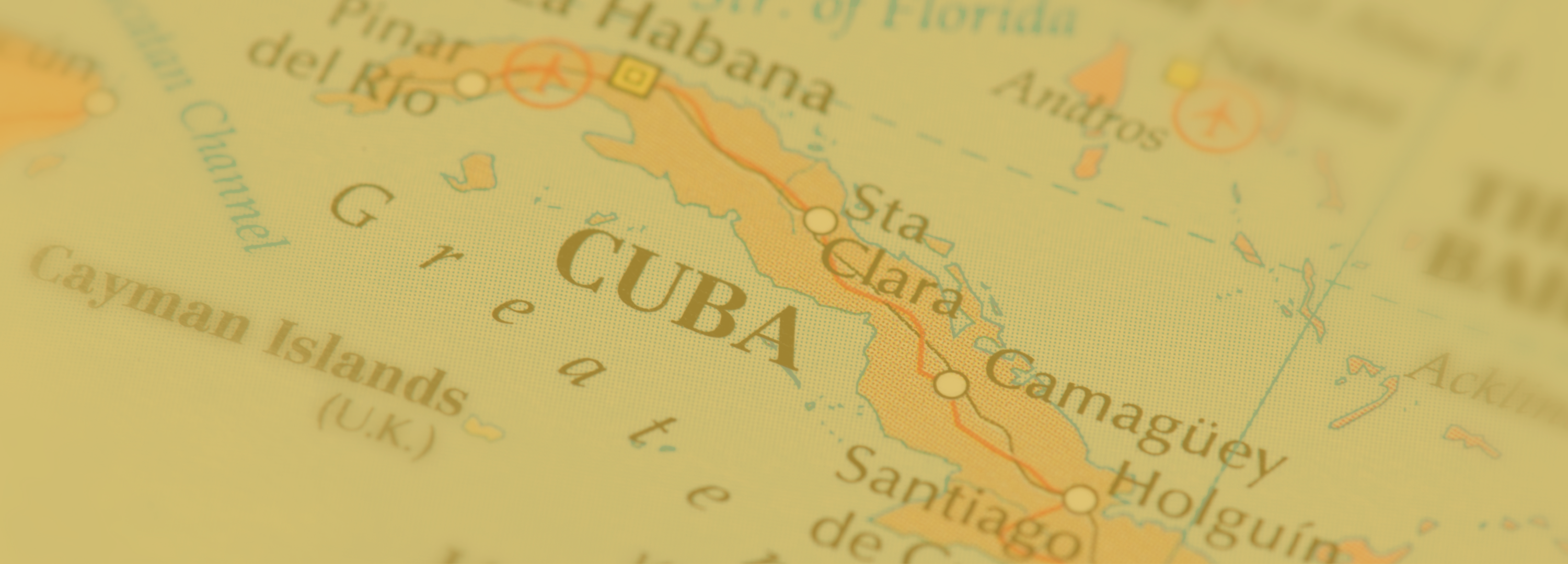Are Americans Allowed in Cuba? A Traveler’s Guide to the Pearl of the Antilles
Cuba, the alluring island nation with its vibrant culture, stunning beaches, and rich history, beckons travelers worldwide. But for Americans, visiting Cuba can be a bit more complex due to the ongoing U.S. trade embargo. So, the question remains: Are Americans allowed in Cuba?
The answer is both yes and no. While general tourism from the U.S. to Cuba remains restricted, American citizens can legally travel to Cuba under specific categories authorized by the U.S. Department of Treasury’s Office of Foreign Assets Control (OFAC).
Here’s a breakdown to the question are Americans allowed in Cuba:
-
Tourist Visits Not Allowed: Unfortunately, casual vacations solely for sightseeing or leisure are still prohibited for U.S. citizens.
-
Travel Permitted Under 12 Categories: The good news is, OFAC has authorized twelve specific categories of legal travel to Cuba. These categories cater to activities that promote cultural exchange, people-to-people interaction, and engagement with the Cuban people.
Common Reasons for Authorized Travel by Americans:
- Family Visits: Maintaining close family ties with Cuban relatives qualifies for travel under this category.
- Educational Activities: Educational institutions can organize academic research trips, student exchange programs, or educational seminars for students and faculty.
- Religious Activities: Religious organizations can sponsor pilgrimages, humanitarian projects, or professional development trips for religious leaders.
- Journalistic Activity: Professional journalists can travel to Cuba to gather information and report on current events, cultural developments, or social issues.
- Support for the Cuban People: Travel related to providing humanitarian aid, supporting civil society organizations, or sponsoring private projects that benefit the Cuban people is permitted.
Planning Your Legal Trip to Cuba:
If you fall under one of the authorized travel categories, here’s what you need to know:
- Obtain a Specific License: Depending on your reason for travel, you might need to apply for a specific license from OFAC. Some categories, like family visits, don’t require a license, but it’s best to check with OFAC for the latest regulations.
- Secure a Cuban Visa: Regardless of your travel category, all U.S. citizens need a Cuban visa. You can typically obtain this through your travel agency or authorized providers.
- Purchase Cuban Tourist Card: Upon arrival in Cuba, most travelers need to purchase a Cuba Tourist Card, which acts as an entry visa.
- Maintain Records: Keep documentation related to your authorized travel category for the duration of your trip and upon returning to the U.S.
Remember: Travel regulations can change, so it’s crucial to stay updated with the latest information from the U.S. Department of State and the Cuban Ministry of Foreign Affairs.
Exploring Cuba Beyond the Restrictions:
While the travel landscape for Americans in Cuba is evolving, there are still exciting ways to experience the island’s rich culture. Consider these alternatives:
- Cultural Exchange Programs: Several organizations offer educational and cultural exchange programs that qualify under authorized travel categories.
- Supporting the Cuban People: Look into volunteering opportunities with NGOs or sponsoring micro-businesses that empower Cuban communities.
- Cruises with Cuban Port Calls: Certain cruise lines offer itineraries that include stopovers in Cuban ports, allowing for brief visits under authorized travel regulations.
The Future of US-Cuba Travel:
The U.S.-Cuba relationship is constantly evolving, and potential changes to travel regulations are on the horizon. Staying informed through official channels can help you plan your dream trip to Cuba when the time is right.
So, are Americans allowed in Cuba? With careful planning and adherence to authorized travel categories, U.S. citizens can explore the wonders of Cuba while engaging in meaningful cultural exchange.
For more information, visit Travel.State.Gov’s website!

